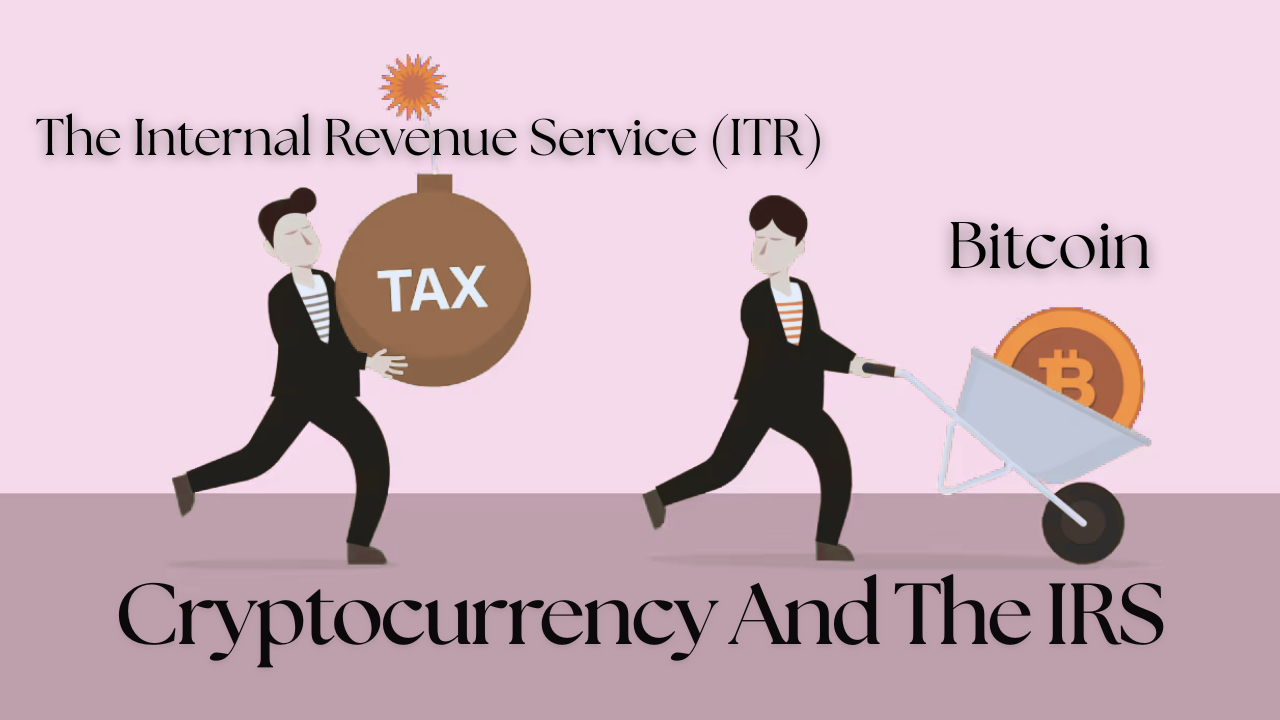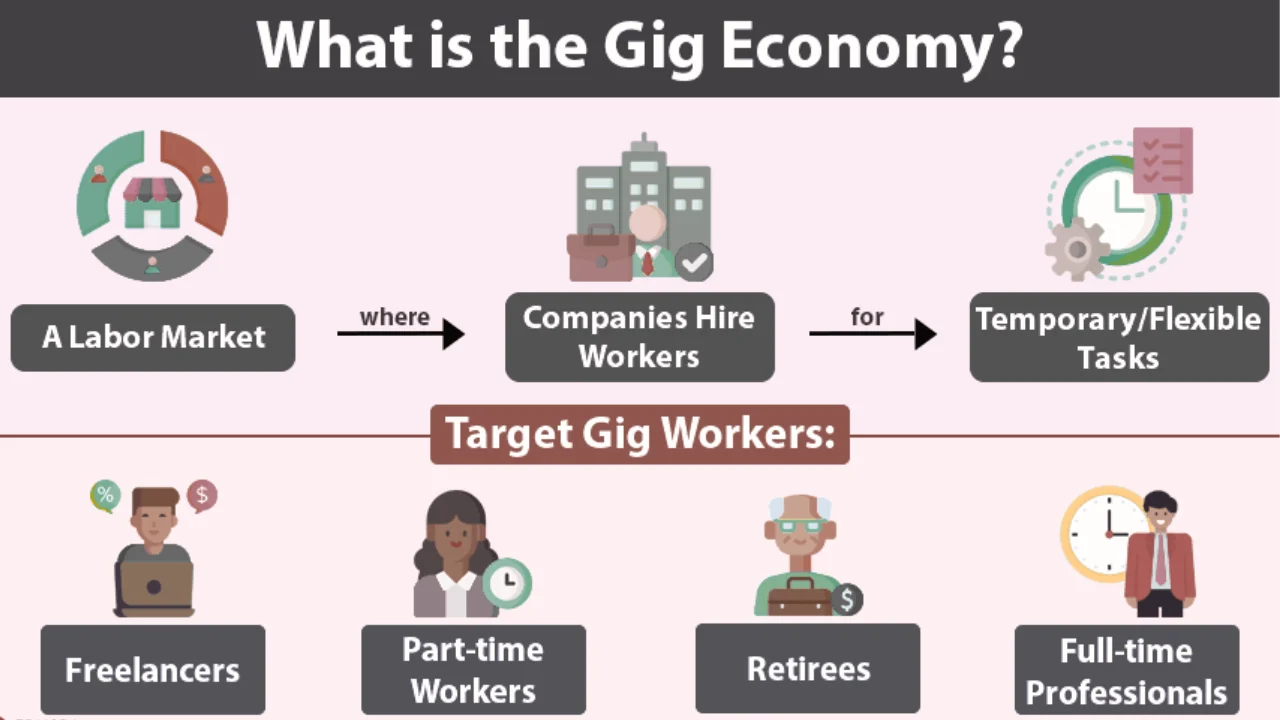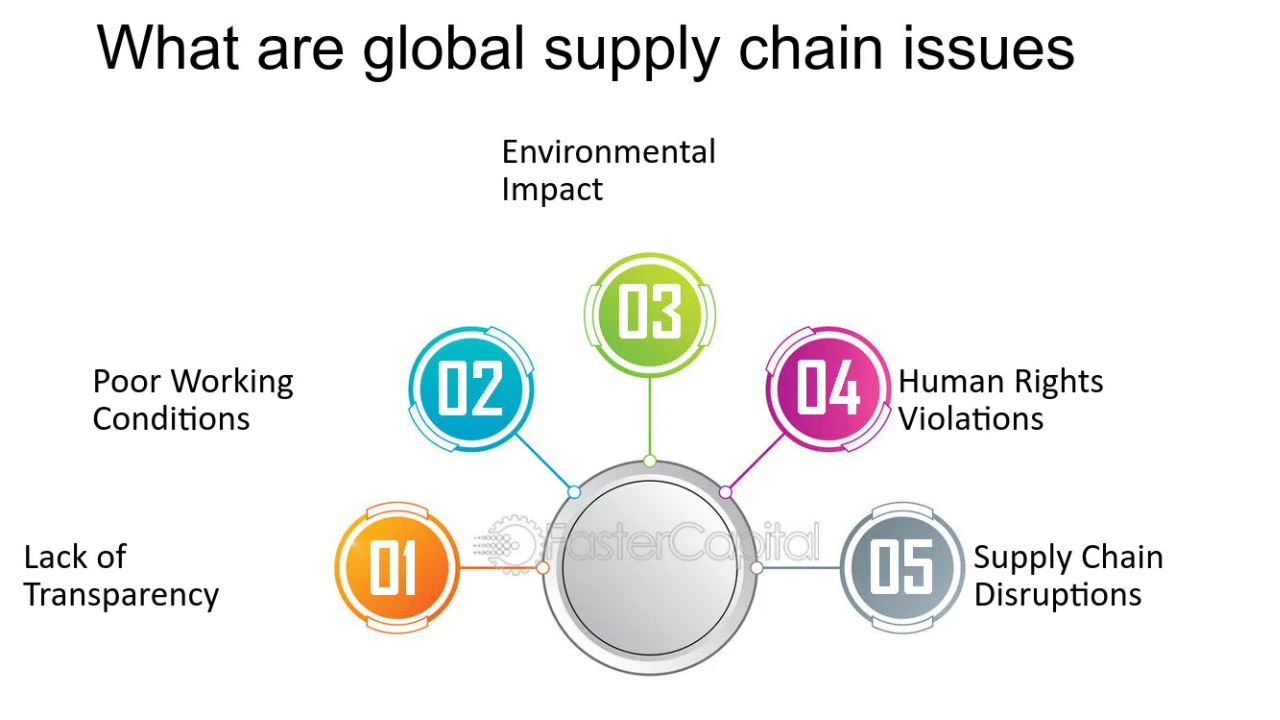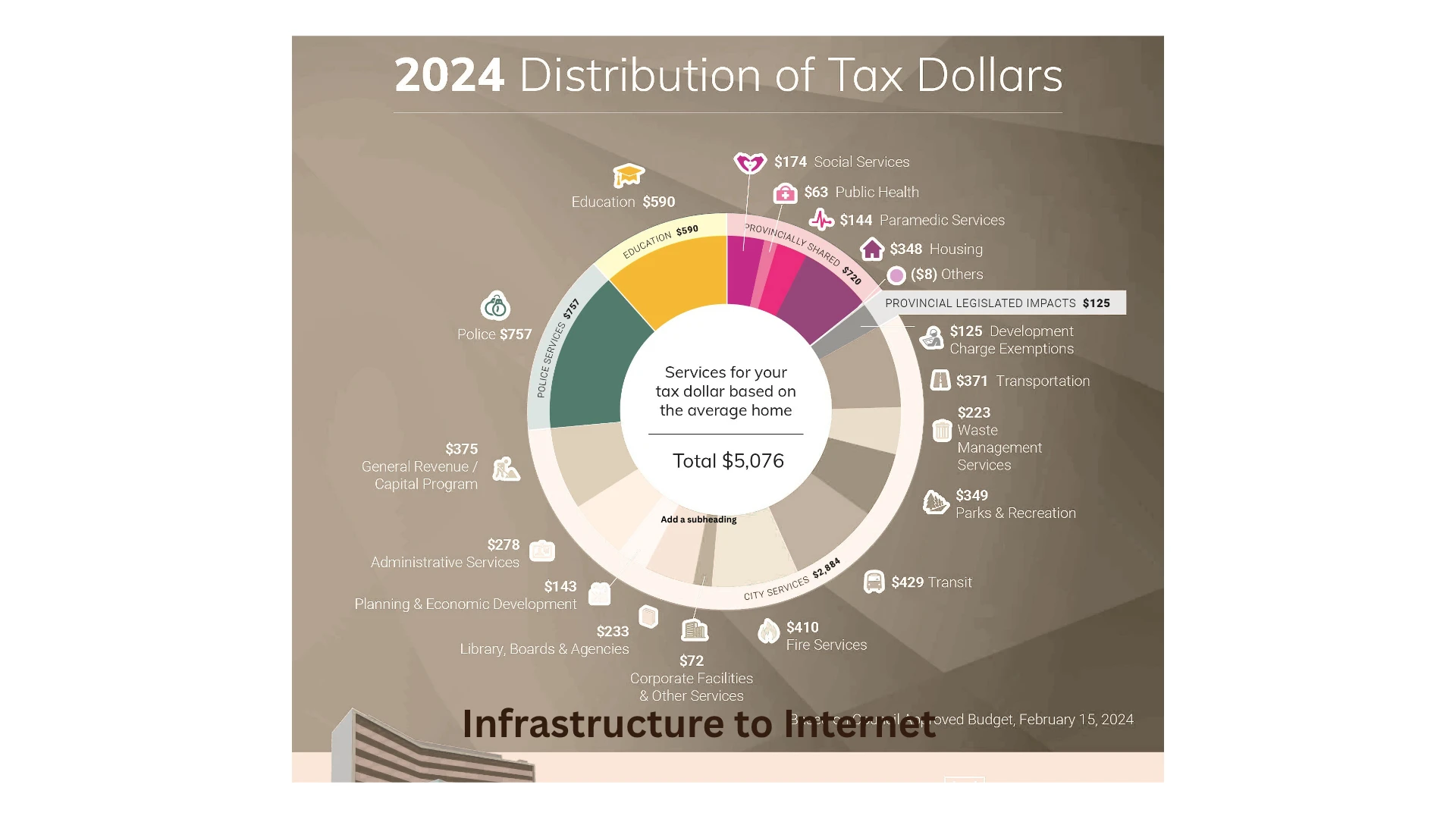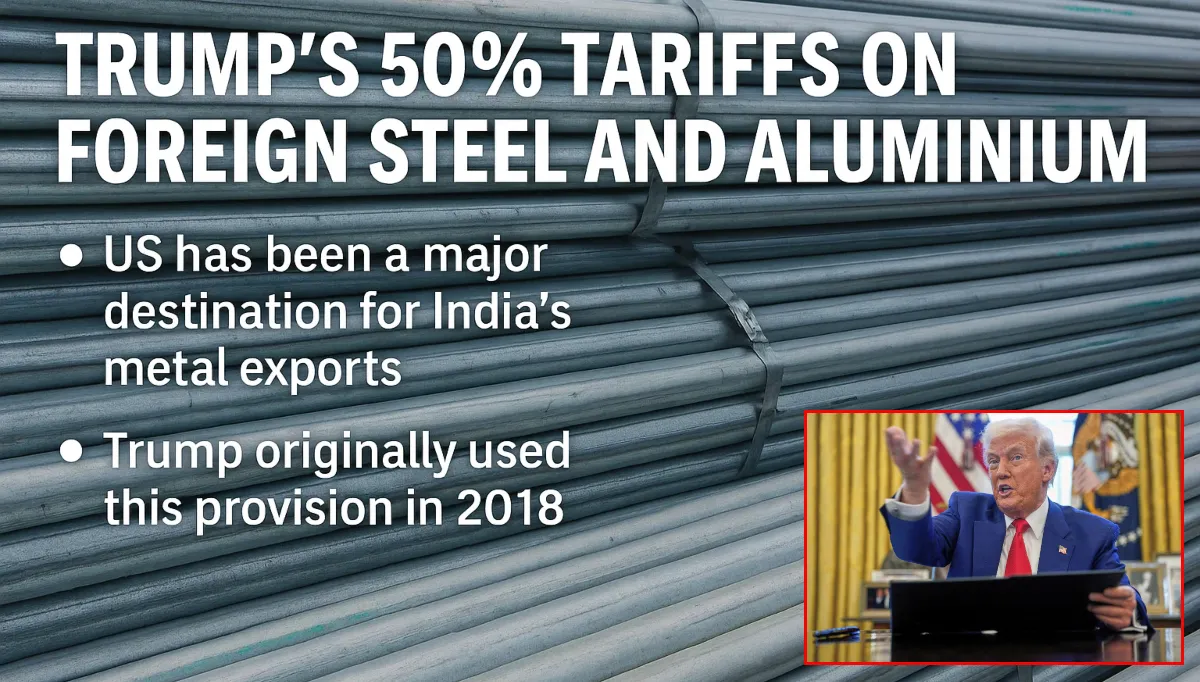The World Trade Organization (WTO) has ruled that U.S. tariffs on steel and aluminum break global trade rules. This decision has sparked a big debate about what counts as “national security” in trade.

Why Did the U.S. Add These Tariffs?
In 2018, the U.S. government (under President Trump) added extra taxes on imported steel (25%) and aluminum (10%).
- They said it was to protect national security.
- The idea was to make sure the U.S. always has enough local steel and aluminum production for things like weapons and infrastructure.

What Did the WTO Decide?
A WTO panel studied the tariffs after countries like China, India, Norway, Switzerland, Turkey, and Russia complained.
- The WTO said the U.S. cannot use “national security” as an excuse for these tariffs.
- They found that the situation wasn’t a real emergency under WTO rules.
- They also said it was unfair because some allies got exemptions, breaking the rules of equal treatment.
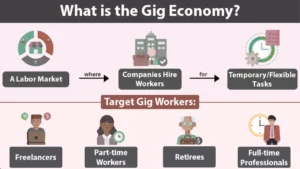
How Did Other Countries React?
Many countries see these tariffs as economic protection rather than real security measures.
- India has said it plans retaliatory tariffs on U.S. products in response.
- China and other nations also brought cases against the U.S. at the WTO.
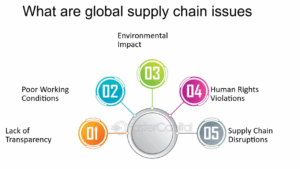
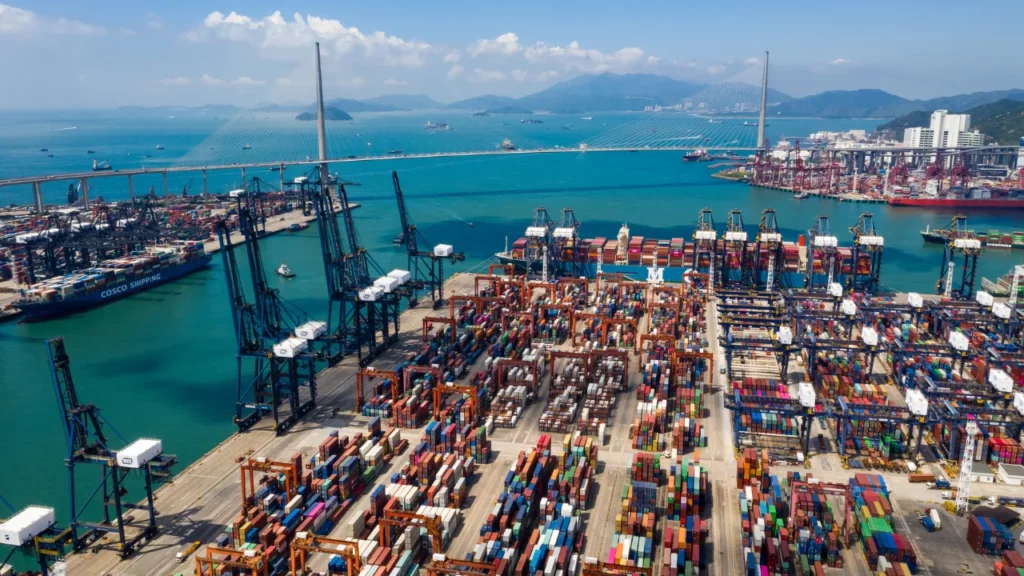
What Happens Next?
Normally, if a country loses a case at the WTO, it is supposed to change its policies. But the situation is complicated:
- The WTO’s appeals system is broken because the U.S. has blocked new judge appointments.
- This means the U.S. can appeal the ruling, and the case will stay stuck without a final decision.
- The U.S. also says national security is their own decision and refuses to remove the tariffs.
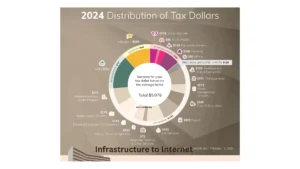
Bigger Picture: National Security in Trade
Experts warn this case sets a dangerous precedent:
- More countries might start using “national security” as an excuse for protectionist tariffs.
- This weakens the rules-based global trading system the WTO was meant to uphold.
- Even the Biden administration has continued to use these tariffs, showing the policy is likely to stay.
Key Takeaways
- The WTO ruled U.S. steel and aluminum tariffs break trade rules.
- The U.S. says it won’t remove them, claiming national security.
- Other countries are planning retaliation.
- The WTO’s appeals system is paralyzed, so the dispute may not be resolved anytime soon.
- This case raises fears that global trade rules are losing power if national security exceptions are abused.
Why It Matters
Steel and aluminum are critical for defense and industry. But using national security as a reason for tariffs can be a slippery slope.
- If every country does it, fair trade rules could collapse.
- The current system depends on clear rules everyone follows.
This WTO decision is a warning about keeping trade fair, open, and predictable, even while protecting security.


